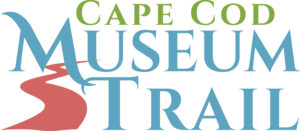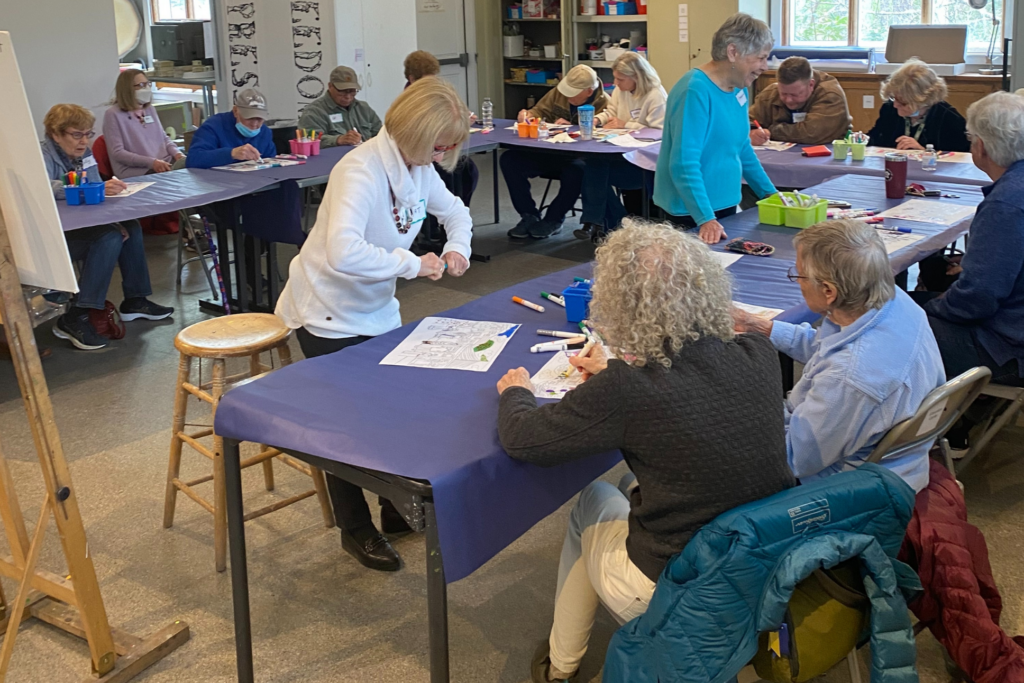
- This event has passed.
Northern Ireland – 6 Counties 1921-1968
June 12, 2019 @ 6:00 pm - 7:00 pm
Four Wednesdays, beginning June 12 from 6-7pm
Cost: $70.00 Member/ $75.00 Non-Member
Northern Ireland was formed from six of the nine counties of Ulster: four counties with unionist majorities and two counties, Fermanagh and Tyrone, which had slight Irish nationalist majorities. It was created as a separate legal entity on 3 May 1921, under the Government of Ireland Act 1920.
The first years of the new autonomous region were marked by bitter violence, particularly in Belfast. The IRA was determined to oppose the partition of Ireland, so the authorities created the Ulster Special Constabulary to aid the Royal Irish Constabulary (RIC) and introduced emergency powers to combat the IRA. Many died in political violence between 1920 and 1923, during which Belfast experienced the worst violence in its history.
The origin of Northern Ireland lies in English colonial policy and activity in Ireland. It can be traced back to plantations of settlers in Ireland, in particular the Plantation of Ulster in 1609. The defeat of the old Gaelic aristocracy was followed by a political and economic transformation of Ireland. Confiscation of land and property was followed by laws to restrict and control the indigenous economy and the creation of a Protestant ascendancy to rule Ireland. The Act of Union in 1800 resulted in capital migration from southern Ireland to Northern Ireland further damaging the Irish economy. In the 1880’s the British Conservative party formed an alliance with Ulster Unionists and promised them that in return for their support in Parliament they would make sure that they would not become part of an Ireland that broke from the Union. This commitment was fulfilled in the Government of Ireland Act 1920 which gave them their own Parliament and their autonomy from the rest of Ireland. The result of this was continued persecution of a nationalist and Catholic population of the 6-counties and the eventual rebellion in the 1960’s that led to a 30-year war ending in 1998.
This class meets in the Photography & Digital Arts Studio on the lower level of the Education Wing.
MATERIALS
No materials required other than a notebook and pen.
SEAN MURPHY
Sean Murphy is from Ireland and has studied the Economic, Social and Political History of Ireland and has a Bachelors degree and a Masters degree in Sociology and Politics. He teaches Irish set and ceile dancing and traditional Irish music at venues on Cape Cod and Nantucket. He is also involved in promoting Irish music sessions and cultural events. In 2014 he was awarded the Thomas P McCann “Altruism Award” trophy by the Cape Cod St. Patrick’s Day Committee for his “support and commitment to the Culture and Heritage of Ireland and its people.”



